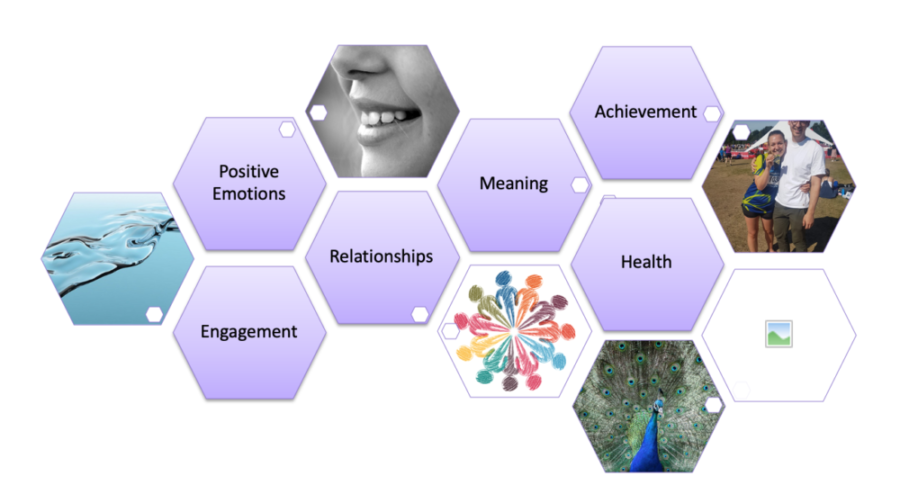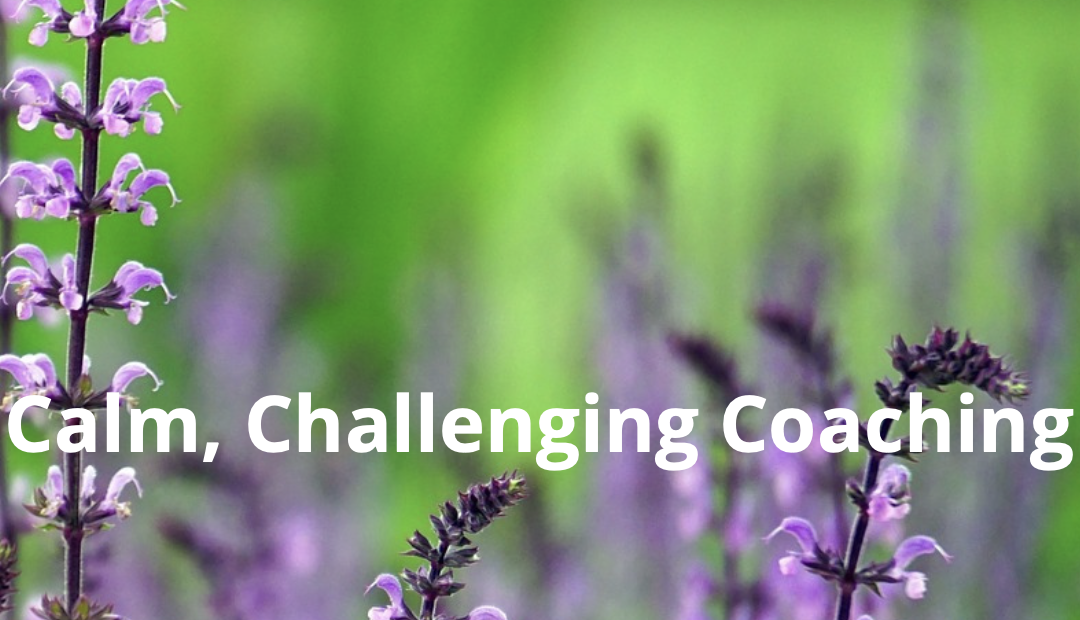Meaning is one of the five core parts of Martin Seligman’s PERMA model of wellbeing. However, finding meaning when you have been furloughed or have lost your job can be hard for many people, which is why I thought I would look at it today.
Over six weeks ago, I fled from imminent homelessness as the hotel I was staying in started to shut off services. I had missed the opportunity to fly home to Dubai before the borders closed because I was blissfully (and literally) asleep when they made the announcement. So, I packed up the car, said goodbye to my youngest daughter, fully expecting to see her a couple of weeks later as I passed through on my way to the airport, and headed into Wales to my childhood home, having given my father at most 6 hours’ notice of my imminent arrival.
So, I was safe: I had a roof over my head and no worries about how I would eat. I was also not alone, being with family in a place I belonged. And in the first weeks I had meaning, having my dissertation to finish – it was a direction, something to work towards despite the complete upheaval of life I was confronted with.
But what about after I had handed it in?
Anyone who knows me, will recognise the drive and energy that moves me to create positive change wherever I am. However, I know that that energy needs to be channelled, to be focused towards something meaningful. Without it, I can be left pacing the floor like a caged tiger in too small a space.

Firstly, I took in my daughter’s cat, which had been temporarily housed in a cattery. With lockdown meaning my daughter couldn’t move into her new flat, the cat was facing weeks more solitary confinement. Shy and scared, I knew I would have the time to befriend the small creature, and it would force me to slow down and enjoy each moment of increased trust.
I then turned my focus on the garden, which had been neglected for two years. This was beneficial in so many ways:
- to start with, it was meaningful for my father, who had lost his gardening mojo when my mother, the driving force behind the garden, had been admitted to hospital with Alzheimers;
- secondly it gave me a chance to reconnect with nature, listening to birdsong in the trees as I planted little seeds of hope and optimism in the form of sweet pea seeds and strawberry plants;
- thirdly, by making a difference in one area of the garden, the enormity of the task of reclaiming the borders from the encroaching weeds was reduced. My father started small projects, like repainting the shed, thereby finding meaning in those days of lockdown, as well as gaining a great feeling of accomplishment as each task was completed.
But what if you aren’t so driven?
People with a lower level of intrinsic energy can become lethargic without meaning. They are left wondering “what’s the point?”. That’s where deliberately building meaning into your life is so important. In my community I have seen people finding meaning in the lockdown by doing simple things like:
- Reframing – rather than doing nothing, they are playing an active part in saving the NHS from overwhelm, thereby saving lives;
- Being kind – Sewing scrub bags and making mask hooks for front line workers, or checking in on friends and family allows them to feel useful;
- Connecting with nature – taking walks in the local community, noticing the changes over time and sharing with others, gives them a greater appreciation of what they have.
Action for Happiness has put together a great monthly calendar for May with lots of suggestions for building Meaning into your life. You can download it here:







